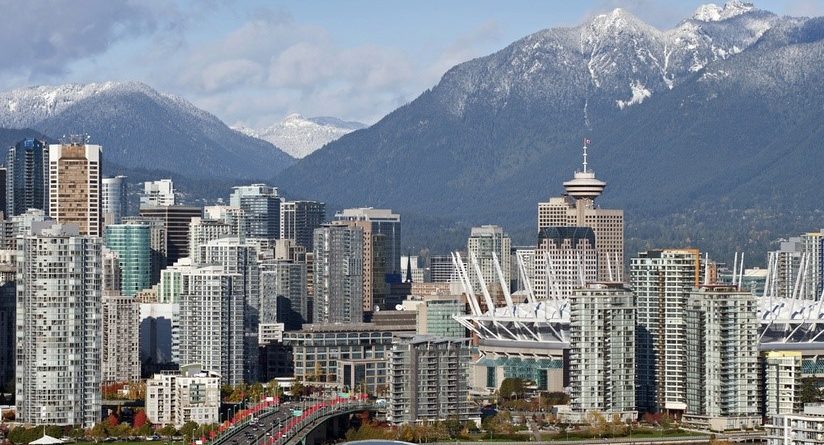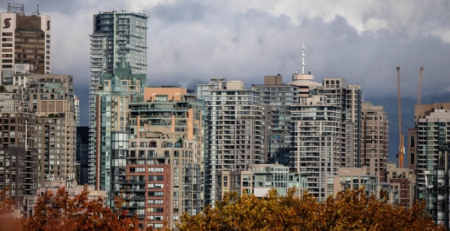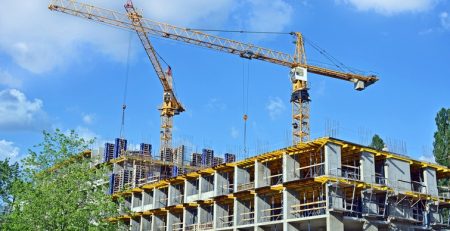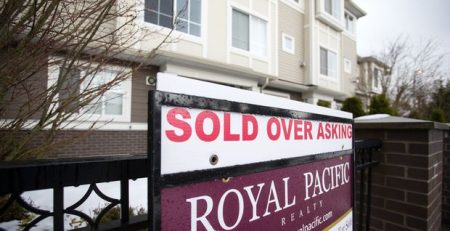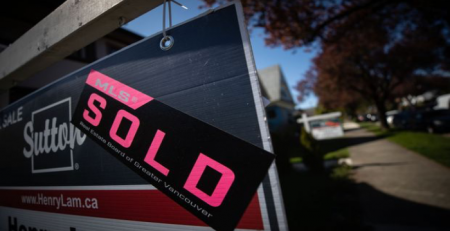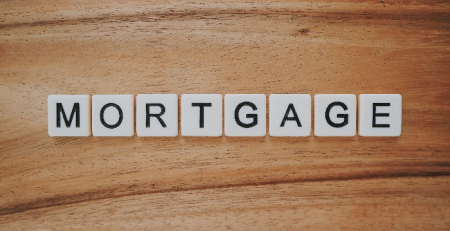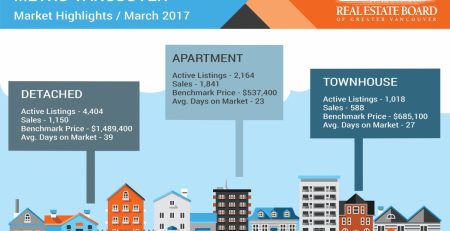Will Vancouver recover from ‘policy shock’?
[By: Chana Fay Charach, February 8, 2017]
Vancouver is one of the most watched real estate markets in Canada and possibly internationally as well. Over the last couple of years, we have experienced extraordinarily heated conditions to say the least. Not only was there a rapid rise in values in many areas but also a significant number of sales. However, in the later part of 2016, things cooled off after numerous government policy changes were implemented.
“From a real estate perspective, it’s a lukewarm start to the year compared to 2016,” Dan Morrison, Real Estate Board of Greater Vancouver (REBGV) president said in January 2017. “While we saw near record-breaking sales at this time last year, home buyers and sellers are more reluctant to engage so far in 2017.” “Conditions within the market vary depending on property type. The townhome and condominium markets are more active than the detached market at the moment,” Morrison said. “As a result, detached home prices declined about 7 per cent since peaking in July while townhome and condominium prices held steady over this period.”
So the once uber-hot single-family homes market appears to have shifted to a more active town home and condo market. This may be fueled even further with the exciting news of the interest free, payment free program ‘B.C. Home Owner Mortgage and Equity Partnership’ for first time homebuyers, which will help with down payments. They will provide a maximum of $37,500 — or up to five per cent of the purchase price — with a 25-year loan that is interest-free and payment-free for the first five years. Applications are now being accepted. Also, another announcement that there will now be an exemption from the Foreign Buyer Tax for anyone working in British Columbia on a work permit.
These two programs will likely have a direct positive impact on the already active condo and townhome market and properties up to the $750,000 which is the price maximum for the new down payment program. First time home buyers who choose to buy a brand-new property up to $750,000.00 may also qualify to be exempt from paying the property transfer tax.
2016 a year of change:
• May 16, 2016 new provincial rules relating to the assignment of real estate contracts came into force in response to ‘speculative buying’.
• August, 2016 a new 15 percent Foreign Buyers Tax was abruptly implemented causing chaos. Many buyers were effected, after they had signed binding contracts. They were suddenly faced with paying an unexpected tax or potentially losing their deposit and/or be caught up in a law suit. (new changes announced at the beginning of the year that the BC government will now offer exemptions to those with work permits).
• Across Canada, federal mortgage rules were rolled out, making it more difficult to qualify for mortgages for those who have less than 20% downpayment, this is a new stress test that must be passed to qualify for a mortgage. Clearly aimed at first time and less established buyers.
• The City of Vancouver rolled out the 1% Empty Home Tax in an attempt to motivate absentee homeowners to contribute to the rental pool, which has seen very low vacancy rates for some time.
• Not to mention other factors such as President Donald Trump, Brexit, a weaker Canadian Dollar, and continued movement of global capital, immigration, and temporary US travel bans.
The bottom line is we still have a lack of supply in 2017 and there is likely some pent-up demand. Many buyers have been waiting patiently to see the effects of the government changes. It’s not uncommon to see a bounce back after the ‘policy shock’ pause has passed. It is likely that there will be a continued lack of supply so demand will continue to be very high and this will have direct impact on real estate values going forward.

